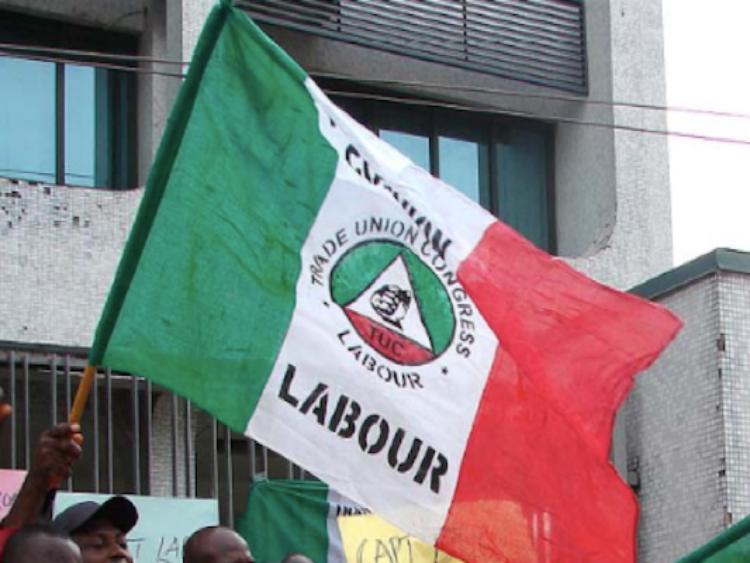News
Minimum wage: Workers should not listen to Timi Frank, Ngige – TUC

The Trade Union Congress (TUC) has advised Nigerian workers to shun remarks by Timi Frank, the former Deputy National Publicity Secretary of APC that labour leaders have compromised.
The Chairman, Enugu State chapter of the Union, Mr. Chukwuma Igbokwe, told newsmen in Enugu on Friday that if government listened to Frank, it might spell doom for the country and could precipitate a protracted labour unrest.
In the same vein, the labour leader also urged workers to disregard the comment made by the Minister of Labour and Employment, Dr. Chris Ngige that government could not pay the new minimum wage unless some workers were laid off.
According to him, Ngige probably did not know what he was saying when he said that government could not afford to pay the consequential salary adjustment unless the workforce was downsized.
He said that government could pay N580 billion workers wage bill, pointing out that government had already paid N500 billion on arrears of salary.
Recall that Timi Frank had advised the Federal Government to disregard the labour threat of going on strike over the implementation of the new minimum wage, insisting that labour leaders hobnob with those in authority and thus lacked the integrity to call workers out for strike.
“He doesn’t know what he is talking about because if government should listen to him, it will be easier for labour to take drastic action,” Igbokwe advised.
Igbokwe said that this would aggravate the issue unless a consensus was reached after October 16 when further negotiation between labour and government would take place.
“I don’t think Ngige knows what he is saying,” the labour leader said.
He said that the organised labour had made it clear that upward increment in worker’s salary became necessary because of the prevailing economic realities in the country such as the increase in monetary foreign exchange, VAT as well as general high cost of living in the country.
“Labour has been magnanimous in scaling down their demand from 66.6 per cent to 29 per cent and 24 per cent, and for this reason, government should heed to their demand.




 Davido's Net Worth & Lifestyle
Davido's Net Worth & Lifestyle 
